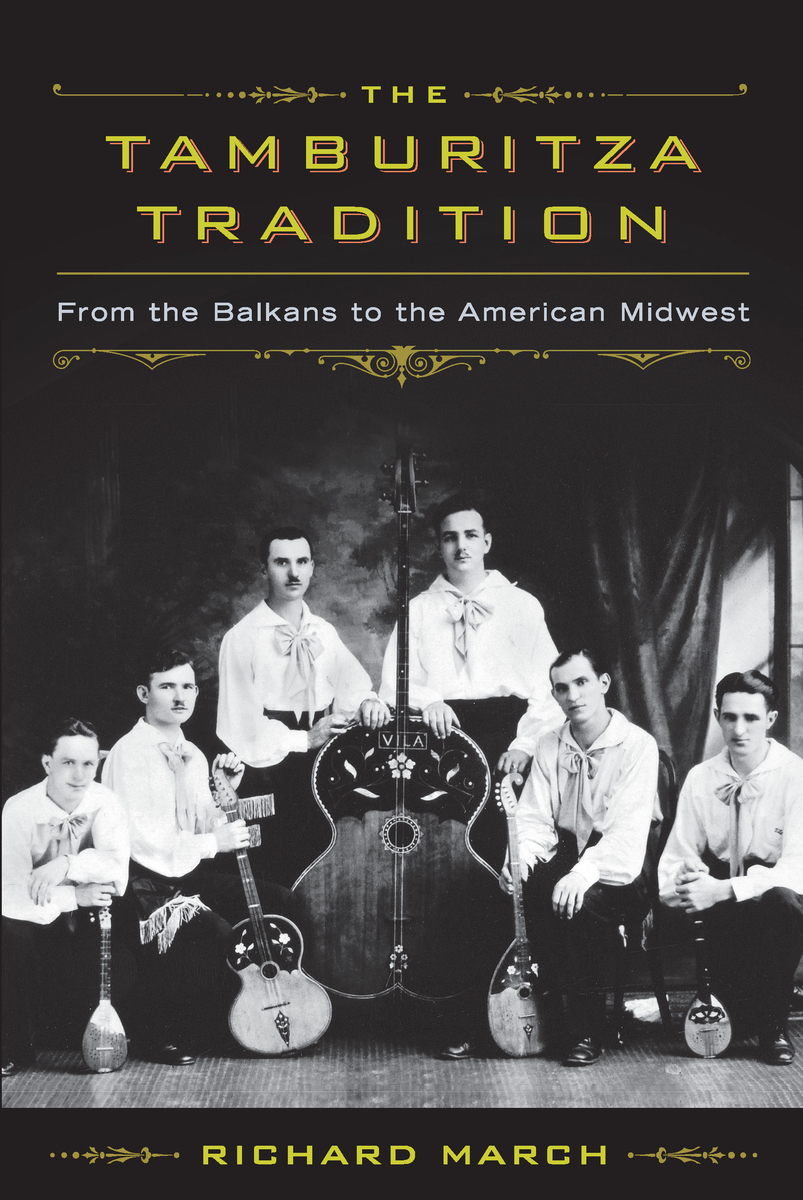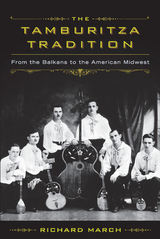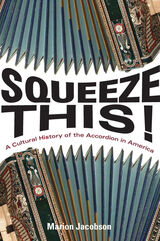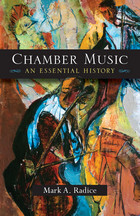The Tamburitza Tradition: From the Balkans to the American Midwest
University of Wisconsin Press, 2013
Paper: 978-0-299-29604-9 | eISBN: 978-0-299-29603-2
Library of Congress Classification ML1015.T3M37 2013
Dewey Decimal Classification 787.821629181
Paper: 978-0-299-29604-9 | eISBN: 978-0-299-29603-2
Library of Congress Classification ML1015.T3M37 2013
Dewey Decimal Classification 787.821629181
ABOUT THIS BOOK | AUTHOR BIOGRAPHY | REVIEWS | TOC | REQUEST ACCESSIBLE FILE
ABOUT THIS BOOK
The Tamburitza Tradition is a lively and well-illustrated comprehensive introduction to a Balkan folk music that now also thrives in communities throughout Europe, the Americas, and Australia. Tamburitza features acoustic stringed instruments, ranging in size from tamburas as small as a ukulele to ones as large as a bass viol.
Folklorist Richard March documents the centuries-old origins and development of the tradition, including its intertwining with nationalist and ethnic symbolism. The music survived the complex politics of nineteenth-century Europe but remains a point of contention today. In Croatia, tamburitza is strongly associated with national identity and supported by an artistic and educational infrastructure. Serbia is proud of its outstanding performers and composers who have influenced tamburitza bands on four continents. In the United States, tamburitza was brought by Balkan immigrants in the nineteenth century and has become a flourishing American ethnic music with its own set of representational politics.
Combining historical research with in-depth interviews and extensive participant-observer description, The Tamburitza Tradition reveals a dynamic and expressive music tradition on both sides of the Atlantic and beyond, illuminating the cultures and societies from which it has emerged.
See other books on: American Midwest | Balkan Peninsula | Balkans | Folk music | Middle West
See other titles from University of Wisconsin Press





























